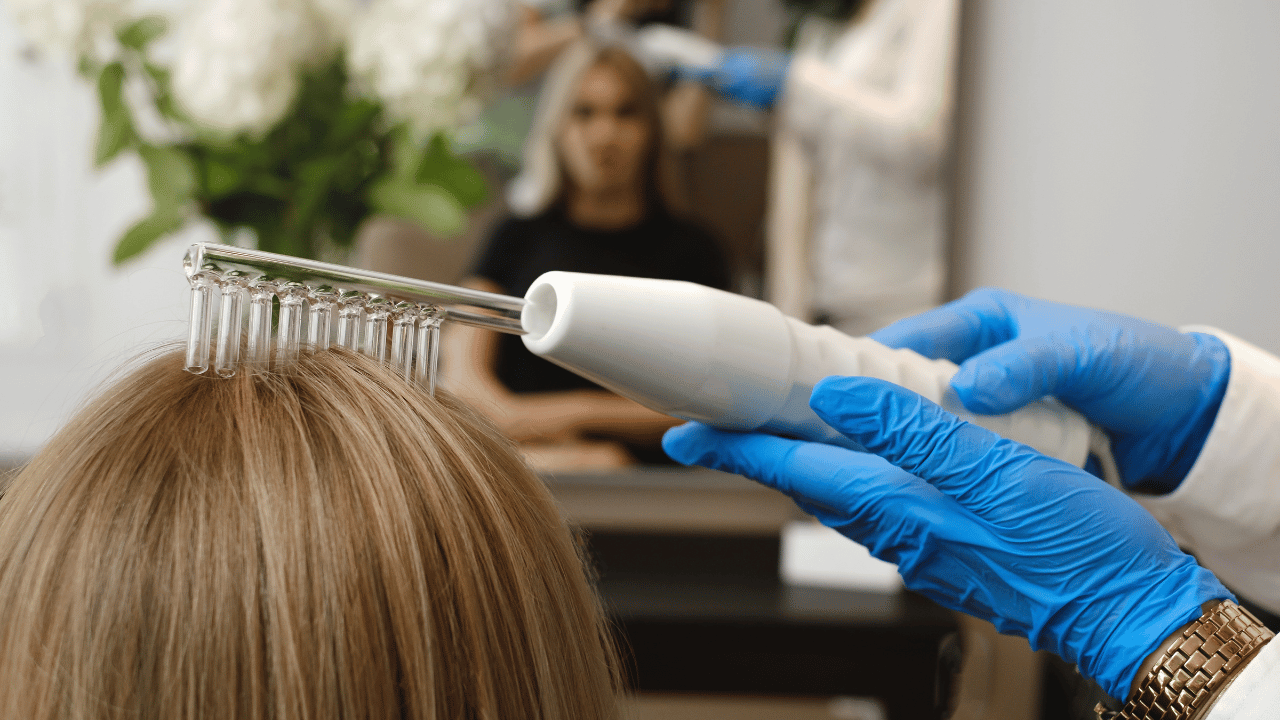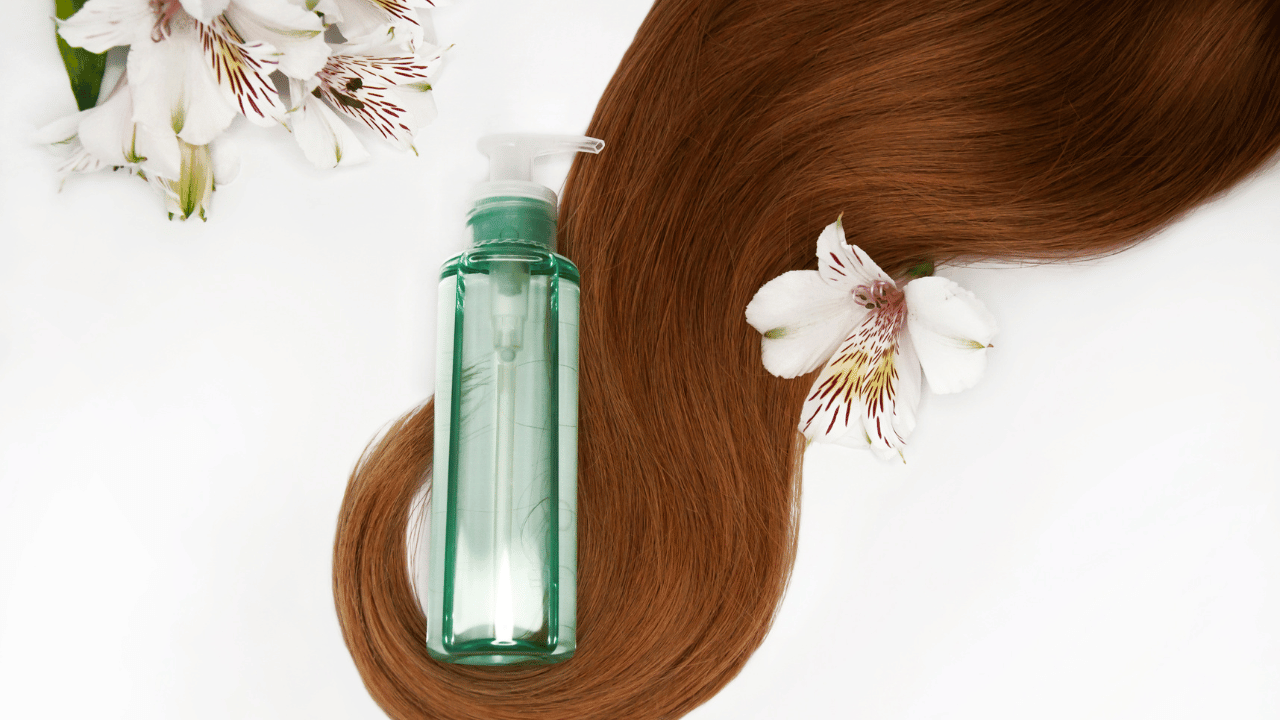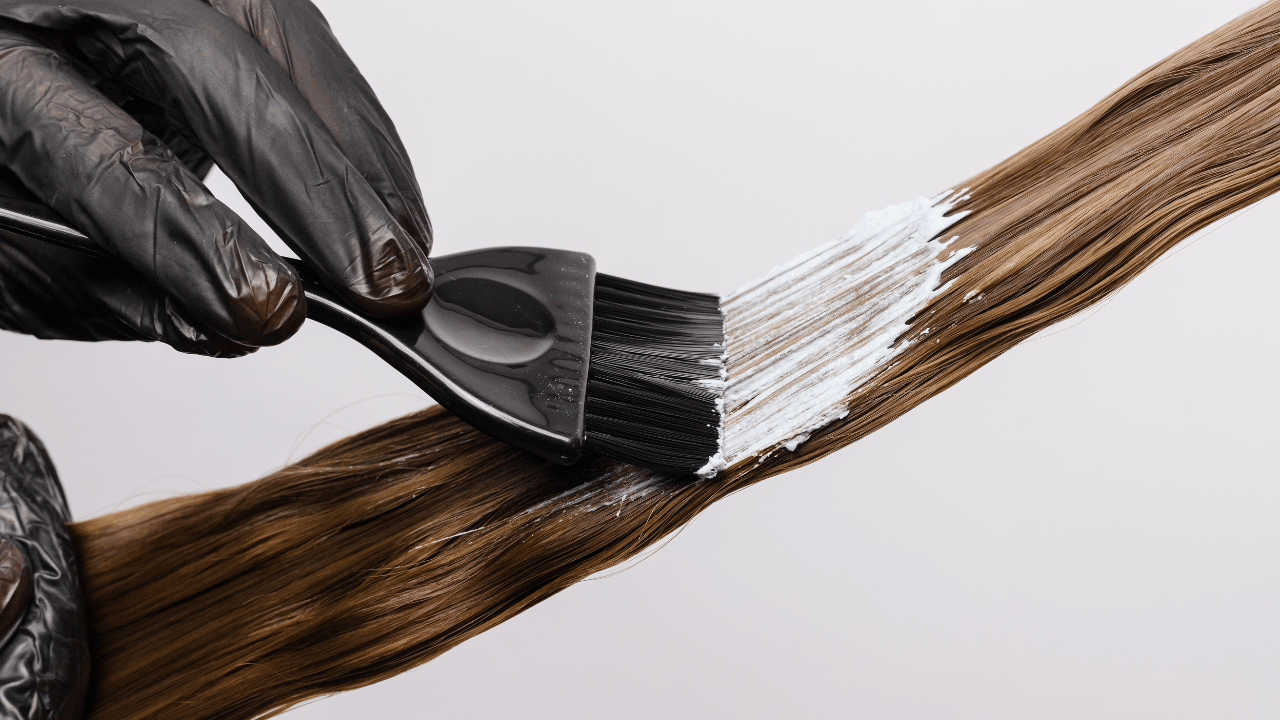Introduction
Stress is an inevitable part of modern life, and its effects on our health are well-documented. However, one aspect that often goes unnoticed is the impact of stress on our hair. From hair loss to dullness and brittleness, stress can wreak havoc on your locks. In this blog post, we’ll delve into the relationship between stress and hair health and share strategies for managing stress to maintain a vibrant mane.
The Connection Between Stress and Hair
1. Telogen Effluvium
Telogen effluvium is a condition where a significant number of hair follicles enter the resting phase prematurely due to stress. This can lead to hair shedding, and in severe cases, noticeable hair thinning.
2. Trichotillomania
Stress can exacerbate compulsive behaviors like hair pulling (trichotillomania), which can result in hair loss and damage.
3. Weakened Immune System
Chronic stress can weaken your immune system, making you more susceptible to scalp conditions and infections that can harm your hair.
4. Inflammation
Stress can trigger inflammation in the body, including the scalp. Inflammation can disrupt the hair growth cycle and lead to hair problems.
Strategies for Managing Stress
Now that we understand how stress can impact hair health, let’s explore strategies for managing stress effectively:
1. Mindfulness Meditation
Practicing mindfulness meditation can help you stay present, reduce anxiety, and manage stress. Even just a few minutes of daily meditation can make a significant difference.
2. Exercise Regularly
Physical activity releases endorphins, which are natural stress relievers. Aim for at least 30 minutes of moderate exercise most days of the week.
3. Healthy Diet
A well-balanced diet provides your body with the nutrients it needs to combat stress. Include whole grains, lean proteins, fruits, and vegetables in your meals.
4. Adequate Sleep
Quality sleep is essential for stress management. Aim for 7-9 hours of restful sleep each night to allow your body and mind to recover.
5. Relaxation Techniques
Explore relaxation techniques such as deep breathing exercises, progressive muscle relaxation, or aromatherapy to unwind and reduce stress.
6. Seek Support
Don’t hesitate to seek support from friends, family, or a mental health professional if you’re experiencing chronic stress. Talking about your feelings can be incredibly therapeutic.
7. Time Management
Efficient time management can help reduce stress. Prioritize tasks, set realistic goals, and allocate time for relaxation.
8. Hobbies and Leisure Activities
Engaging in hobbies and leisure activities you enjoy can provide a welcome distraction from stress and promote well-being.
Hair Care During Stressful Times
While managing stress is crucial, you can also take steps to care for your hair during challenging periods:
- Use gentle hair care products suitable for your hair type.
- Avoid excessive heat styling and harsh chemical treatments.
- Opt for protective hairstyles to minimize hair damage.
- Consider using scalp treatments to soothe and nourish your scalp.
Conclusion
Stress is an inevitable part of life, but it doesn’t have to wreak havoc on your hair. By managing stress through mindfulness, exercise, a healthy diet, and relaxation techniques, you can reduce its impact on your hair’s health and overall well-being. Remember that self-care, both for your mind and your hair, is essential in the face of life’s stressors.



